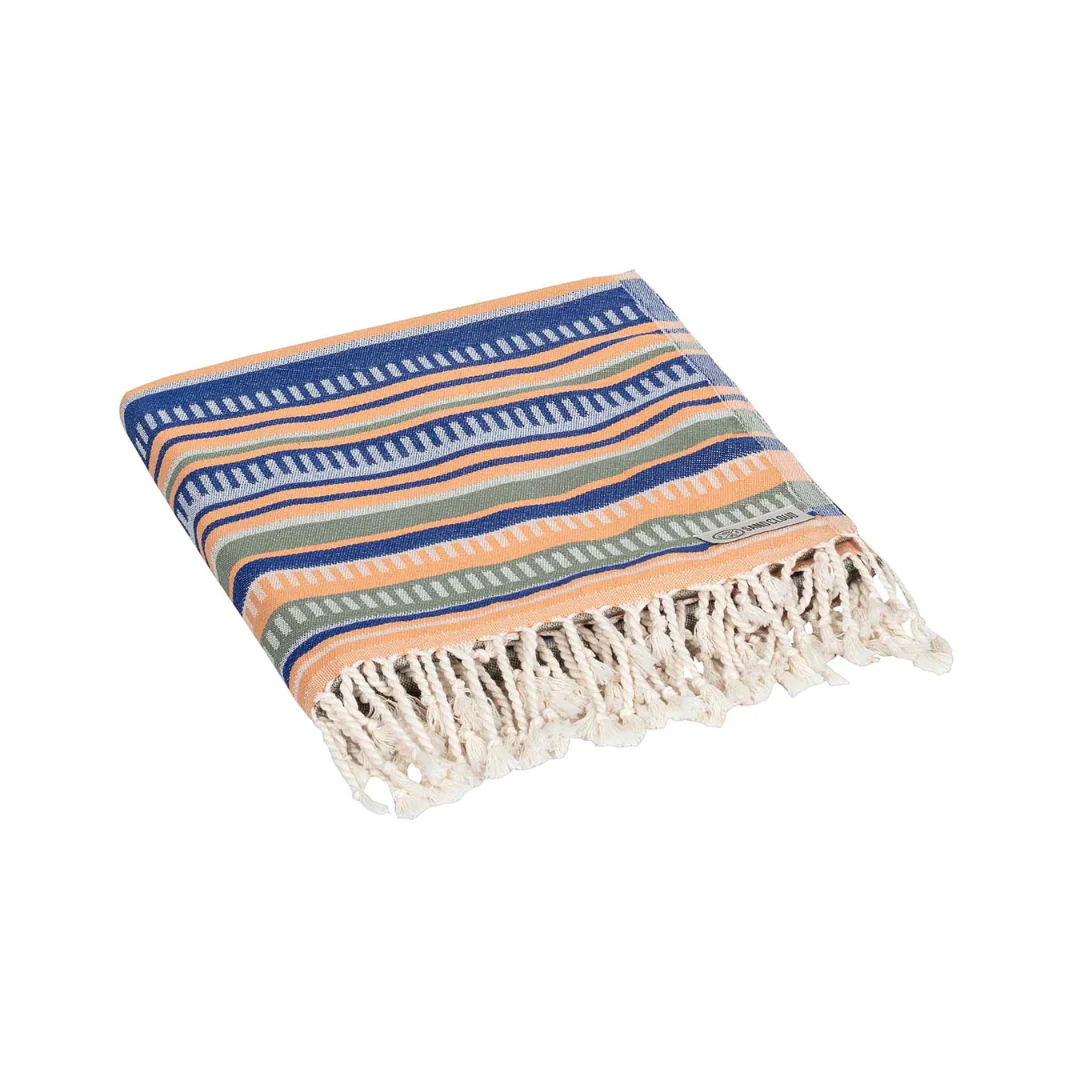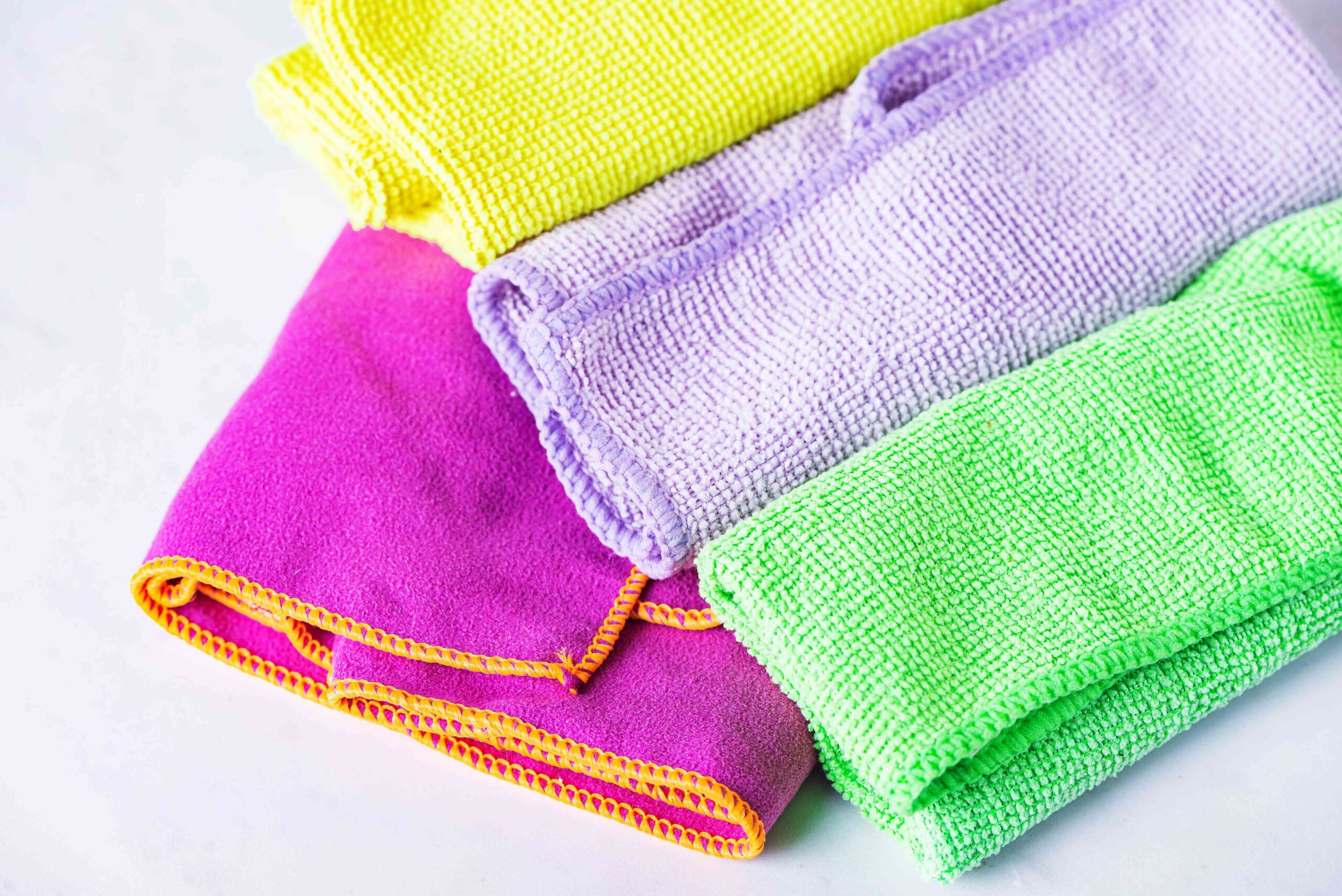“Comparing Microfiber and Cotton: Comfort, Absorbency, Allergies, and More”
Microfiber and cotton offer distinct qualities that suit various preferences and needs. The tactile experience of microfiber versus cotton is a subjective matter, with each fabric having its own characteristics.
Microfiber is generally soft but lacks the crispness associated with certain cotton applications, such as hotel sheets. While microfiber sheets provide a silky feel conducive to relaxation, high-quality woven cotton sheets can be equally enjoyable. The comfort of Egyptian cotton, especially when coupled with a high thread count, surpasses that of microfiber. However, microfiber may be preferred in cooler conditions due to its warmth-retaining properties.

In terms of hair care, some individuals find microfiber towels effective at reducing frizz and absorbing water. Yet, cotton towels, particularly terry cotton, excel in absorbing moisture and preserving hair health.
Regarding absorbency, cotton outperforms microfiber by absorbing up to 27 times its weight in moisture, compared to microfiber’s approximate 7 times. Cotton towels are thus more adept at handling spills and messes.

For individuals with allergies, cotton is a safer choice due to its natural composition and minimal processing. Microfiber, made from synthetic materials and chemicals, can trigger allergic reactions.
In the context of beach towels, cotton excels in softness and gentleness against the skin. Microfiber towels are highly absorbent and dry quickly but may not provide the same softness.

When it comes to blankets, microfiber blanketsare durable, fade-resistant, and affordable. However, they can retain heat and irritate sensitive skin. Cotton blankets offer breathability and comfort, making them preferable for many.
For cleaning purposes, microfiber is ideal for floors and mop heads due to its durability. Cotton is more suitable when using harsh cleaning chemicals.

When choosing between microfiber and cotton socks, individuals with sensitive skin should opt for cotton due to its breathability and comfort. Microfiber socks may be more durable but lack the skin-friendly attributes of cotton.
Ultimately, while microfiber has its advantages in terms of durability and certain applications, cotton remains superior in terms of breathability, comfort, and health considerations.
Exploring the Microfiber vs. Cotton Debate: Key Considerations and Comparisons“
1. Texture and Feel:
Microfiber offers a soft touch, but lacks the crispness of cotton, which comes in various weaves and qualities, providing a wide range of textures.
2. Bedding Comfort:
Microfiber sheets feel silky, while high-quality cotton sheets are preferred for their comfort and breathability, especially Egyptian cotton with a high thread count.
3. Hair Care:
Microfiber towels reduce frizz and absorb water effectively, but cotton towels, especially terry cotton, excel in moisture absorption and hair health.
4. Absorbency:
Cotton outperforms microfiber in absorbency, capable of soaking up to 27 times its weight in moisture, making it ideal for spills and messes.
5. Allergies and Sensitivity:
Cotton is a better choice for individuals with allergies due to its natural composition, while microfiber’s synthetic materials and chemicals can trigger allergic reactions.
6. Beach and Home Use:
Cotton beach towels provide softness and gentleness on the skin, while microfiber towels are highly absorbent and quick-drying, with a tighter weave.
7. Blankets and Comfort:
Cotton blankets offer breathability and comfort, whereas microfiber blankets are durable and fade-resistant but can retain heat and irritate sensitive skin.
Frequently Asked Questions
1. What is the difference between microfiber and cotton fabrics?
Microfiber is a synthetic fabric made from ultra-fine fibers, while cotton is a natural plant-based fiber. Microfiber tends to be lighter and more durable, whereas cotton offers breathability and a traditional feel.
2. Which fabric is more comfortable to wear, microfiber, or cotton?
Comfort can be subjective, but many people find microfiber to be smoother and softer against the skin. Cotton, on the other hand, is known for its natural, breathable comfort.
3. Are microfiber towels more absorbent than cotton towels?
Yes, microfiber towels are generally more absorbent than cotton towels due to their fine fibers and enhanced wicking properties. They can absorb moisture quickly and effectively.
4. Do microfiber or cotton sheets wrinkle less?
Microfiber sheets tend to be less prone to wrinkling compared to cotton sheets. They often retain a smooth appearance after washing and require less ironing.
5. Are there any allergy considerations between microfiber and cotton?
Microfiber is hypoallergenic and can be a better choice for people with allergies, as it is less likely to harbor dust mites and allergens. Cotton, while natural, can sometimes trigger allergies in sensitive individuals.

1 thought on ““Comparing Microfiber and Cotton: Comfort, Absorbency, Allergies, and More””